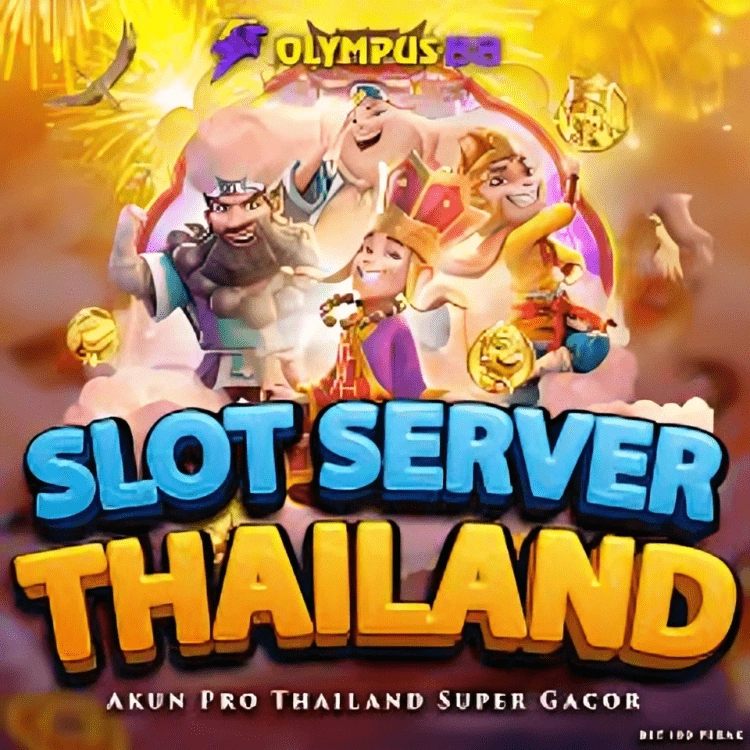November 23, 2025
12:29 pm
The landscape of video games is a dynamic tapestry woven with innovation, compelling narratives, and groundbreaking gameplay, continually evolving to captivate generations of players. At the heart of this evolution, few entities have shaped the modern gaming experience as profoundly as PlayStation, from its revolutionary console entries to its audacious venture into handheld gaming with the PlayStation Portable (PSP). To explore the “best games” is to embark on an adventure through these iconic platforms, celebrating titles that have not only defined genres but have also left an indelible mark on cultural consciousness.
What truly constitutes a “best game” is often subjective, yet certain titles transcend pajaktoto personal preference through their sheer impact, artistic merit, or commercial success. These are games that push technological boundaries, tell unforgettable stories, introduce innovative mechanics, or simply provide unparalleled fun. They are the benchmarks against which others are often measured, becoming cornerstones in the vast edifice of interactive entertainment. From sprawling role-playing epics to heart-pounding action adventures and intricate puzzle games, the truly best games resonate long after the credits roll, inviting players back for countless replays and forming cherished memories.
The PlayStation family of consoles has been a consistent fountainhead for many of these “best games,” starting with the original PlayStation, which revolutionized 3D gaming. Titles like *Final Fantasy VII* didn’t just tell a story; they created an entire world, redefining what an RPG could be with its cinematic presentation and emotional depth. *Metal Gear Solid* introduced stealth action with an unprecedented level of narrative complexity and character development, solidifying its place as a masterpiece. The PlayStation 2 then built upon this foundation, becoming the best-selling console of all time, largely thanks to its unparalleled library. *Grand Theft Auto III* single-handedly pioneered the modern open-world genre, offering players a freedom that was previously unimaginable. *God of War* introduced Kratos, a character whose brutal journey through Greek mythology became synonymous with visceral action. *Shadow of the Colossus* delivered an artistic and emotionally profound experience, focusing on minimalist storytelling and epic boss battles that felt more like puzzles.
Moving into the PlayStation 3 and PlayStation 4 eras, the bar for graphical fidelity, storytelling, and immersive worlds was continuously raised. Naughty Dog’s *Uncharted* series set new standards for cinematic action-adventure games, blending witty dialogue with breathtaking set pieces. *The Last of Us*, from the same developer, delivered a brutal yet beautiful narrative masterpiece, exploring themes of survival, love, and humanity in a post-apocalyptic world. Its sequel, *The Last of Us Part II*, continued this legacy, pushing narrative boundaries and character development to new heights. *Bloodborne* offered a unique gothic horror take on the challenging action RPG genre, captivating players with its intricate lore and demanding combat. Later, *Marvel’s Spider-Man* finally gave fans the definitive web-slinging experience they had always dreamed of, blending fluid traversal with engaging combat and a heartfelt story. The reimagined *God of War* (2018) evolved Kratos into a complex father figure, delivering a deeply personal narrative alongside its signature epic battles, further cementing PlayStation’s reputation for compelling single-player experiences. The PlayStation 5 continues this tradition with stunning titles like the *Demon’s Souls Remake* and *Horizon Forbidden West*, showcasing incredible graphical power and innovative gameplay.
Beyond the living room, the PlayStation Portable, or PSP, carved out its own significant niche, proving that console-quality gaming could thrive on the go. Launched in 2004, the PSP was a marvel of technology, boasting a vibrant screen and impressive processing power that allowed it to host a library of games far more ambitious than its competitors. It brought genuine triple-A experiences to pockets and backpacks worldwide, and many of its titles are rightfully considered among the “best games” for any platform. *God of War: Chains of Olympus* and its sequel *Ghost of Sparta* demonstrated that the epic scale and brutal combat of the main series could be perfectly translated to a handheld, delivering stunning visuals and engaging combat that pushed the little system to its limits.
The PSP also became a haven for unique takes on established franchises and entirely new experiences. *Monster Hunter Freedom Unite* became a cultural phenomenon, especially in Japan, offering hundreds of hours of intricate boss battles and gear crafting that fostered a vibrant community of players. The *Grand Theft Auto* series also made a successful leap to the portable realm with *Liberty City Stories* and *Vice City Stories*, offering scaled-down yet fully open-world experiences with all the chaotic fun of their console counterparts. Furthermore, the PSP saw the release of critical darlings like *Crisis Core: Final Fantasy VII*, an action RPG prequel that deepened the lore of one of gaming’s most beloved universes, and *Persona 3 Portable*, an acclaimed RPG that introduced a female protagonist option and other enhancements, further expanding its already dedicated fanbase. These games, among many others, not only showcased the PSP’s capabilities but also broadened the reach and diversity of the PlayStation gaming ecosystem, proving that quality entertainment was not confined to a television screen.
The legacy of these “best games” across PlayStation and PSP is undeniable. They represent pinnacles of creativity and technical achievement, forming an essential part of gaming history. From the foundational blockbusters of the original PlayStation to the portable masterpieces of the PSP, and the current generation’s breathtaking sagas, these titles have continuously pushed the boundaries of interactive storytelling and gameplay design. They evoke nostalgia, inspire future developers, and continue to provide endless entertainment, solidifying PlayStation’s enduring status as a titan in the world of video games and a consistent source of truly exceptional gaming experiences for players worldwide.






